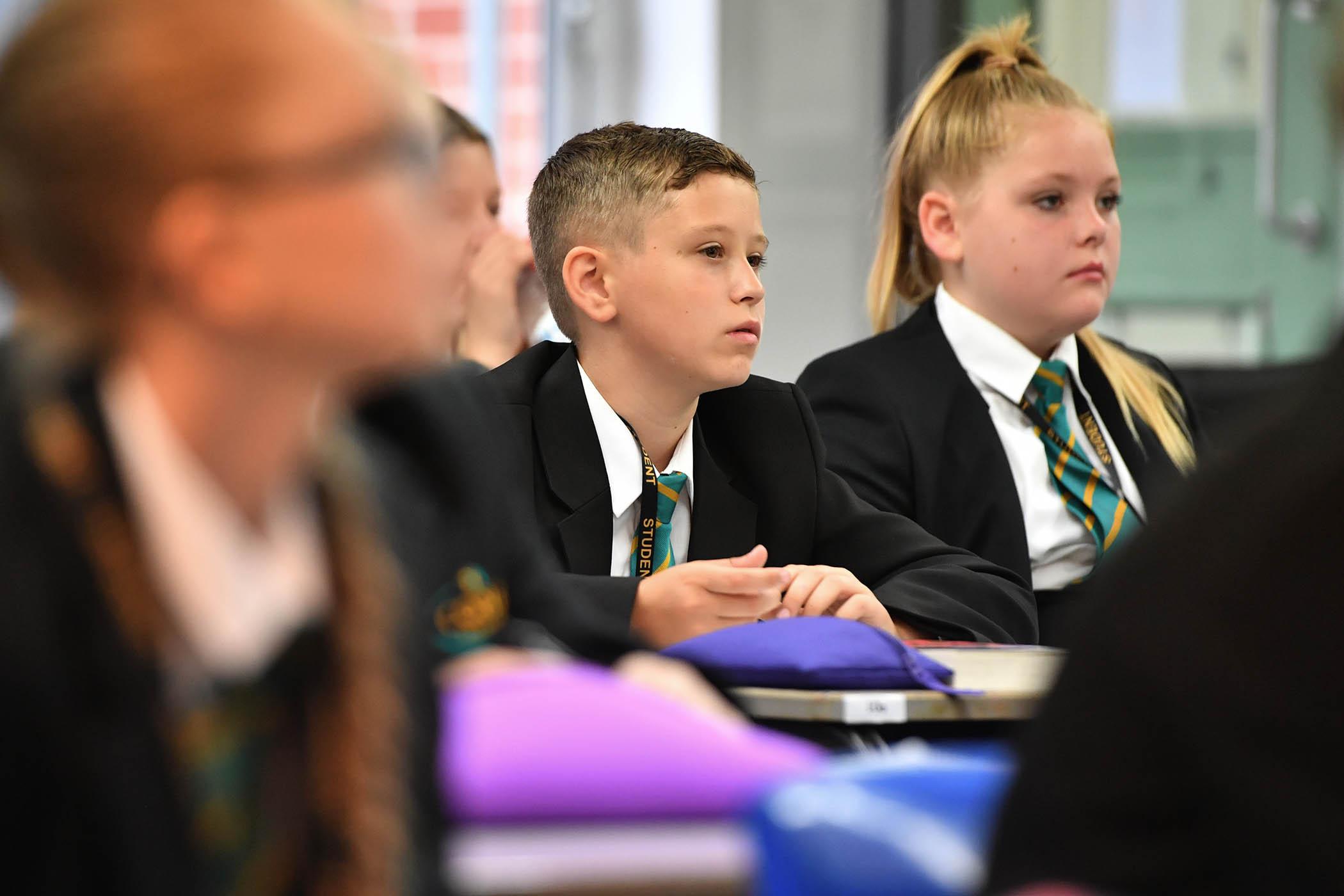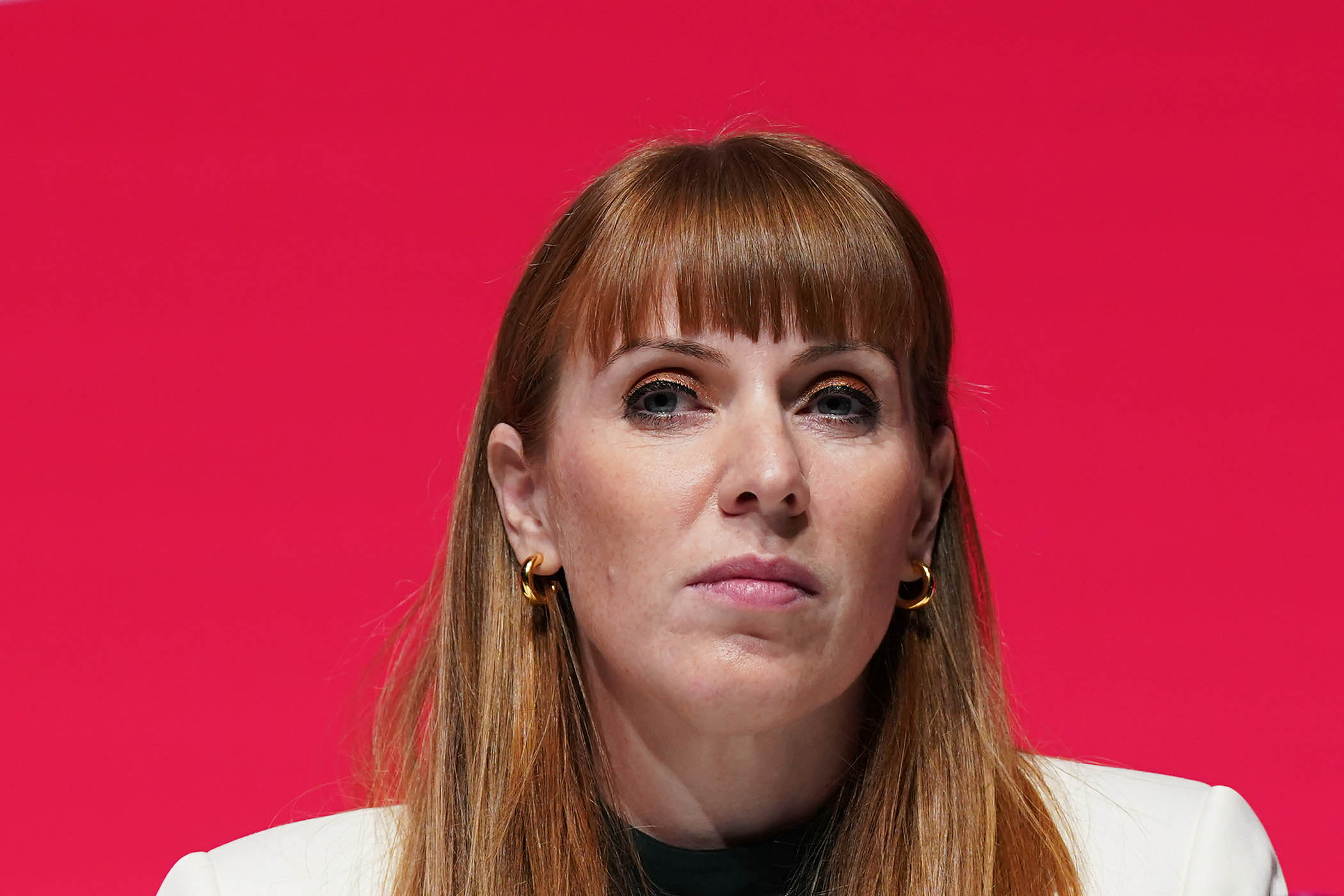Before the last general election, Keir Starmer promised to make education a core priority if he became prime minister. He said he would reimagine what children learn at school and transform an assessment system based on A-levels, T-levels and GCSEs. “I think we’ve got to look radically at education,” he told me in 2022. “I’m very determined that we will have a curriculum that prepares children and young people for life, that gives them the skills they need for the jobs they’re going into. And that does mean change.”
It hasn’t happened. The government’s curriculum and assessment review, published today, offers “evolution not revolution” and a series of incremental tweaks. There is no plan to broaden the range of subjects children study up to the age of 18, to reinvent how and what pupils learn for the age of AI or to end the sheep and goats divide between vocational and academic education. In fact, the “assessment” bit of the brief has been almost entirely forgotten amid a plethora of minor updates to the curriculum for individual subjects. It is a huge missed opportunity.
“Radical this is not,” says a respected figure in the education world. In Whitehall, some are already speculating that the review could be quietly shelved – it is “a good starting point”, says one source. “Something to build on,” says another.
To be clear, there is nothing wrong with the proposals to introduce more financial education, media literacy classes, climate teaching and oracy. The recommendation to reduce the amount of time children spend sitting exams at 16 is sensible and the aim to boost the arts is welcome, but the lack of ambition in the first major review of the curriculum and assessment system in a decade is staggering.
Instead of transformative reform, the blueprint by Becky Francis and her team of academics suggests rewriting the computing GCSE and rebranding “cooking and nutrition” as “food and nutrition”. The new vocational V-levels are BTecs under another name. It is a completely inadequate response to a system that is failing to draw out the talents of every child, to the detriment of pupils and their families but also of society and the economy.
Some in the government worry that it is too risky to introduce big changes to the curriculum and assessment system at a time when schools are already under enormous pressure, but the truth is the risk lies in not doing so. At the moment, a third of children effectively fail their English and maths GCSEs at 16 – they do not get a grade 4 or above – and a fifth are persistently absent from school.
For the poorest in society the outcomes are even worse. Disadvantaged pupils are on average more than 19 months behind their wealthier peers at 16, and more than half of children on free school meals do not reach the required level in English and maths at GCSE. Almost 1 million young people are not in education, employment or training.
The mental health crisis in the classroom is rapidly turning into a long-term sickness emergency in the workplace. According to Charlie Mayfield’s Keep Britain Working review, also published today, the number of 16- 34-year-olds who are economically inactive because of a mental health condition rose by 190,000, or 76%, between 2019 and 2024. Too many are heading for a lifetime on benefits, which is bad for them and expensive for the taxpayer.
Teachers are losing faith and the public is becoming increasingly disenchanted. An Opinium poll for The Observer earlier this year found that only a fifth of people think schools prepare children well for life or work.
Employers are crying out for change. A survey of 300 businesses by PwC found that only four in 10 think the current curriculum and assessment system gives young people the skills they need for the workplace. Almost half of companies have to give additional training in computing, critical thinking or problem solving to recruits.
The Royal Society, which represents Britain’s top scientists, is among those urging the government to go much further with a new baccalaureate-style qualification that allows children to study a broader range of subjects, combining humanities and sciences or vocational and academic subjects as they progress through school.
The world has changed almost beyond recognition in the past 10 years. The way we shop, bank, travel and listen to music has been completely transformed. Artificial intelligence will continue to scramble all the old assumptions and children need to be more adaptable, flexible, curious and creative than ever.
In Estonia, which has the best education system in Europe, according to the Organisation for Economic Co-operation and Development, pupils learn robotics from the age of seven and use virtual reality headsets to visit the rain forest in geography lessons. The idea of a separate computing exam would seem ridiculous to them because digital skills are woven through the entire school day.
There is no concept of “extracurricular” activities – drama, dance and debating are seen as an integral part of education. At the end of their school careers, students are assessed formally in Estonian, maths and a foreign language, but it is compulsory for pupils to study humanities and sciences up to the age of 19. The purpose of the education system is to inculcate an independent love of learning rather than to teach children to master an exam mark scheme.
It is not too late to create a similar mindset here. The prime minister must rediscover his radical zeal and make “education, education, education” rather than “immigration, immigration, immigration” his top priority. Morgan McSweeney, his chief of staff, thinks it is not an election winner, but it worked for Tony Blair, who adopted the mantra in 1997. It is also something Starmer himself cares passionately about. In interviews, the idea of spreading opportunity to all is the issue that most animates the prime minister, who was the first in his family to go to university.
Almost everything the government is doing at the moment is about fixing problems – small boats and asylum hotels, NHS waiting lists, the cost of living, welfare, housing, prisons, knife crime and of course the financial black hole. The prime minister is constantly on the defensive, and frequently seems to be fighting on the territory favoured by Nigel Farage and Reform UK.
Setting out to reinvent the education system for the 21st century would give Starmer a positive, optimistic story to tell about the future. There is no other policy that would simultaneously boost the economy, support business, improve social mobility, drive down the benefits bill and tackle the mental health crisis. Compared with sorting out social care, it would not even be that expensive.
In his party conference speech this year the prime minister said: “National renewal isn’t just moving money around. It’s completely rewiring the state and the economy, unlocking the potential of everyone on these islands.”
He was right. But that means being much more ambitious about curriculum and assessment reform. Starmer should make transforming education his personal mission – he will regret it for ever if he does not seize the chance.
Photograph by Anthony Devlin/Getty Images
Newsletters
Choose the newsletters you want to receive
View more
For information about how The Observer protects your data, read our Privacy Policy



